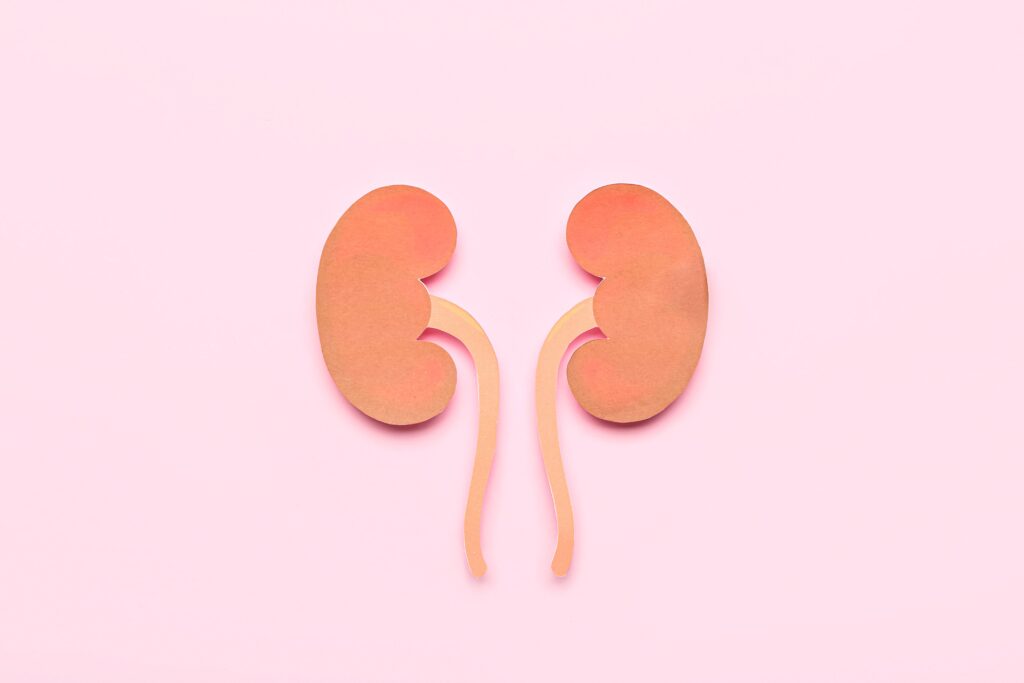
The Vital Role of Kidneys: Celebrating World Kidney Day
Welcome to our special blog post commemorating World Kidney Day! Every year, on the second Thursday of March, the global community comes together to raise awareness about kidney health and the importance of preventive measures against kidney diseases. In this blog post, we’ll delve into the intricate workings of our kidneys, explore the significance of maintaining their health, and discuss how we can all contribute to kidney well-being.
Understanding Kidneys
First and foremost, let’s understand the remarkable role our kidneys play in maintaining overall health. Situated just below the rib cage on either side of the spine, these bean-shaped organs are responsible for filtering waste products, excess fluids, and toxins from the blood, which are then expelled from the body as urine. Moreover, kidneys also regulate electrolyte levels, produce hormones that regulate blood pressure, and promote the production of red blood cells. In essence, they are the unsung heroes of our body’s internal ecosystem.
Challenges to Kidney Health
Despite their vital functions, kidneys are susceptible to various diseases and conditions that can compromise their efficiency. Chronic kidney disease (CKD), often characterized by gradual loss of kidney function over time, is a significant global health concern affecting millions worldwide. Contributing factors include hypertension, diabetes, obesity, and unhealthy lifestyle choices such as smoking and excessive alcohol consumption. Additionally, acute kidney injury (AKI), often triggered by severe infections, dehydration, or medication, poses immediate threats to kidney function.
Empowering Kidney Health
On this World Kidney Day, let’s emphasize the importance of proactive measures to safeguard kidney health. Here are some practical steps we can take:
1. Maintain a Healthy Lifestyle: Adopting a balanced diet rich in fruits, vegetables, whole grains, and lean proteins can significantly reduce the risk of kidney disease. Moreover, regular exercise and maintaining a healthy weight contribute to overall well-being, including kidney health.
2. Stay Hydrated: Adequate hydration is essential for optimal kidney function. Drinking plenty of water throughout the day helps flush out toxins and prevents the formation of kidney stones.
3. Monitor Blood Pressure and Blood Sugar Levels: High blood pressure and diabetes are leading causes of kidney disease. Bethel Pharmacy offers convenient blood pressure and glucose screenings for those interested. Visit your local pharmacist today to check your levels and receive expert advice on managing these crucial health indicators.
4. Limit Salt and Sugar Intake: Excessive consumption of salt and sugar can strain the kidneys and contribute to hypertension and diabetes. Be mindful of your intake and opt for healthier alternatives.
5. Avoid Smoking and Limit Alcohol: Tobacco and alcohol have detrimental effects on kidney health. Quitting smoking and moderating alcohol consumption can significantly reduce the risk of kidney disease.
Conclusion
As we commemorate World Kidney Day, let’s reaffirm our commitment to prioritizing kidney health. By understanding the importance of these vital organs and taking proactive steps to maintain their well-being, we can ensure a healthier future for ourselves and generations to come. Let’s spread awareness, support research, and empower individuals to take charge of their kidney health.
Would you like to explore more insightful health tips and articles? Visit Bethel Pharmacy’s blog for a wealth of resources on wellness, preventive care, and expert advice. Together, let’s make a difference in our health journey.
Sources:
Acute kidney injury (AKI). American Kidney Fund. (2023, November 10). https://www.kidneyfund.org/all-about-kidneys/other-kidney-problems/acute-kidney-injury-aki
Mayo Foundation for Medical Education and Research. (2023, September 6). Chronic kidney disease. Mayo Clinic. https://www.mayoclinic.org/diseases-conditions/chronic-kidney-disease/symptoms-causes/syc-20354521
U.S. Department of Health and Human Services. (n.d.). Your kidneys & how they work – NIDDK. National Institute of Diabetes and Digestive and Kidney Diseases. https://www.niddk.nih.gov/health-information/kidney-disease/kidneys-how-they-work
